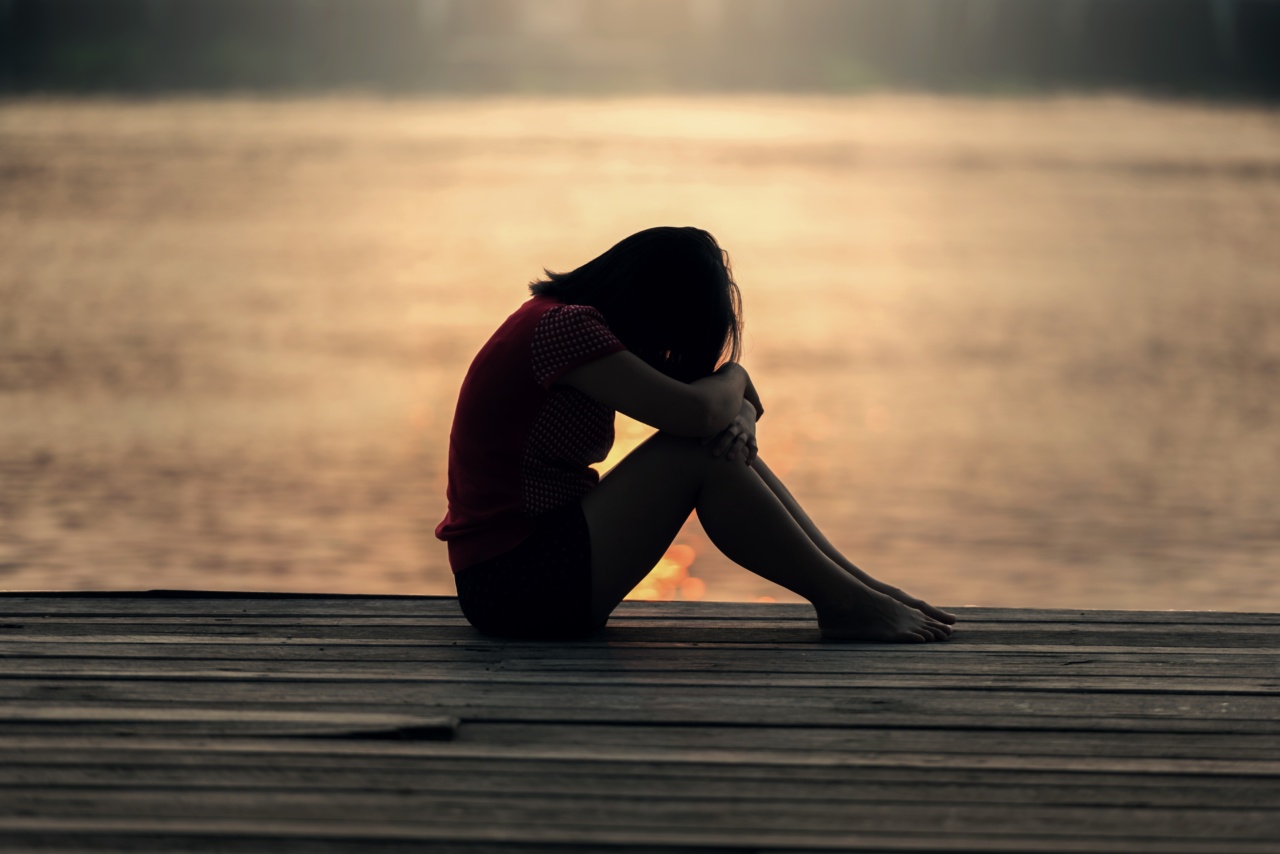Depression is a common mental health issue that affects women during their reproductive years. Menstruation also has a significant impact on women’s mental health and well-being.
In this article, we’ll explore the link between depression and menstruation in women, including the causes and symptoms of both.
What is menstruation?
Menstruation is a natural process in which the uterus sheds its lining, which is then expelled from the body as blood and other fluids. It is a recurring cycle that occurs every 28 days on average, although it can be longer or shorter for some women.
Menstruation is a sign that a woman is capable of getting pregnant and it is an essential part of the female reproductive system.
What is depression?
Depression is a serious mental health condition that affects millions of people worldwide. It is characterized by persistent feelings of sadness, hopelessness, and worthlessness.
Depression can be caused by a variety of factors including genetics, life events, and chemical imbalances in the brain. It is important to recognize the symptoms of depression and seek professional help if needed.
The link between depression and menstruation
Research has shown that there is a strong link between depression and menstruation in women. Women are twice as likely to experience depression as men, and this risk is particularly high during their reproductive years.
The hormonal changes that occur during the menstrual cycle can have a significant impact on women’s mental health.
During the menstrual cycle, levels of estrogen and progesterone fluctuate. These hormones play a crucial role in regulating mood and emotions.
When estrogen levels are low, women may experience a range of physical and emotional symptoms, including mood swings, irritability, and anxiety. This is known as premenstrual syndrome (PMS).
PMS affects up to 75% of women and can range in severity from mild to debilitating. Symptoms typically occur in the week before menstruation and can include headaches, bloating, breast tenderness, and cramps.
Women who have a history of depression or other mood disorders may be more susceptible to the emotional symptoms of PMS.
For some women, PMS can develop into a more severe form of depression known as premenstrual dysphoric disorder (PMDD).
PMDD affects up to 8% of women during their reproductive years and is characterized by extreme mood swings, depression, anxiety, and irritability. These symptoms can interfere with daily life and may require professional treatment.
Treatment options
If you are experiencing symptoms of depression or PMS, it is important to seek professional help. Treatment options may include medication, therapy, lifestyle changes, or a combination of these approaches.
Your healthcare provider can help you determine the best course of treatment for your individual needs.
There are also things you can do at home to help manage symptoms of depression and PMS. These can include eating a healthy diet, getting regular exercise, practicing relaxation techniques, and getting enough sleep.
Conclusion
Depression and menstruation are closely linked in women.
Hormonal changes during the menstrual cycle can have a significant impact on women’s mental health, and understanding this link can help women get the help they need to manage their symptoms. If you are experiencing symptoms of depression or PMS, reach out to your healthcare provider for support and guidance.































